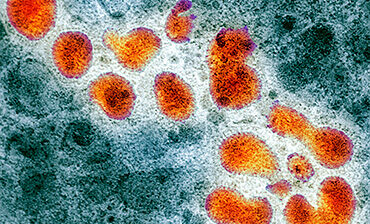Funded traineeship for young graduates at the EU Delegation to R
Are you a young graduate interested in international relations? Are you curious to learn more about work of a diplomatic mission and how the EU Delegation represents EU interests and values in Rwanda?
What we offer?
A traineeship of up to 6 months within the Political, Press and information Section and Economics and Good Governance Cooperation Section of the EU Delegation to Rwanda, starting in November 2020, subject to respect to the local legislation.
Main tasks:
- Development of content for the Delegation’s social media
- Ad hoc research, analysis and project management, on political and economic developments or cooperation matters, inter alia, youth and employment, Erasmus etc.
- Coordination and support with public diplomacy events organized by the Delegation
- Participation and note taking in internal and external meetings or events
Qualifications or special requirements:
- Due to the very evolutive context of the COVID-19 breakthrough, applicants currently residing in Rwanda will only be considered.
How to apply?
Please send the following documents to the e-mail address delegation-rwanda-press@eeas.europa.eu:
- A detailed Europass curriculum vitae (CV)
- a cover letter describing why you want to participate in a EU traineeship
- and an application form
Please mention in the subject of your e-mail: Funded Traineeship – PPI & Eco-Gov Sections
Important information
Before applying you are requested to examine the dedicated website as well as the general eligibility criteria for a paid traineeship (Article 8 of the Decision ADMIN(2017)28 – Paid traineeship)
Each selected trainee will receive a monthly grant to cover living expenses. All costs related to travel inside the country of residence, visa, insurance, accommodation must be borne by the trainee.
Applications from non-eligible candidates will not be considered. After the evaluation of all applications, shortlisted candidates will be contacted and invited for an interview. Unsuccessful candidates will be notified by email. In case the selected candidate is not able to present the required documents, his/her candidacy will be rejected.
The Delegation informs that even if our Headquarters confirm the eligibility of the selected application, traineeships could be postponed, suspended or even cancelled considering the very evolving context of the COVID-19 outbreak in the host country as well as in the country of origin.

